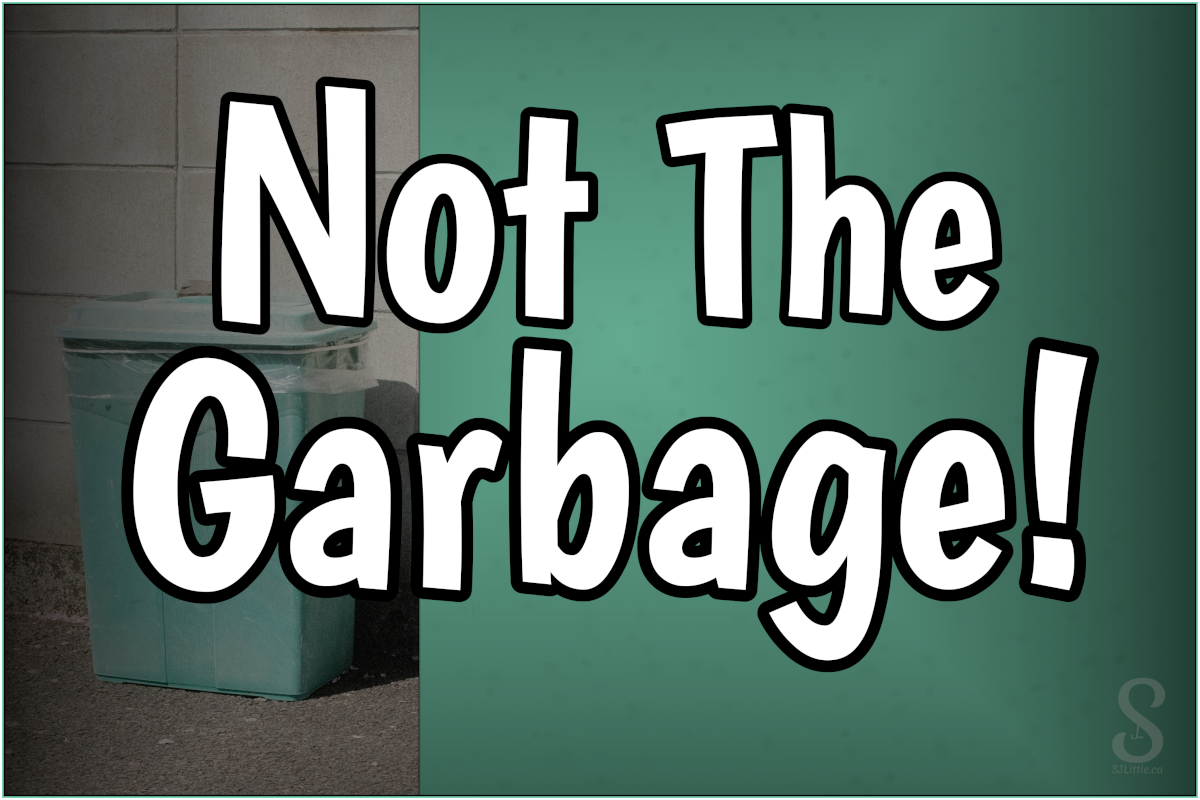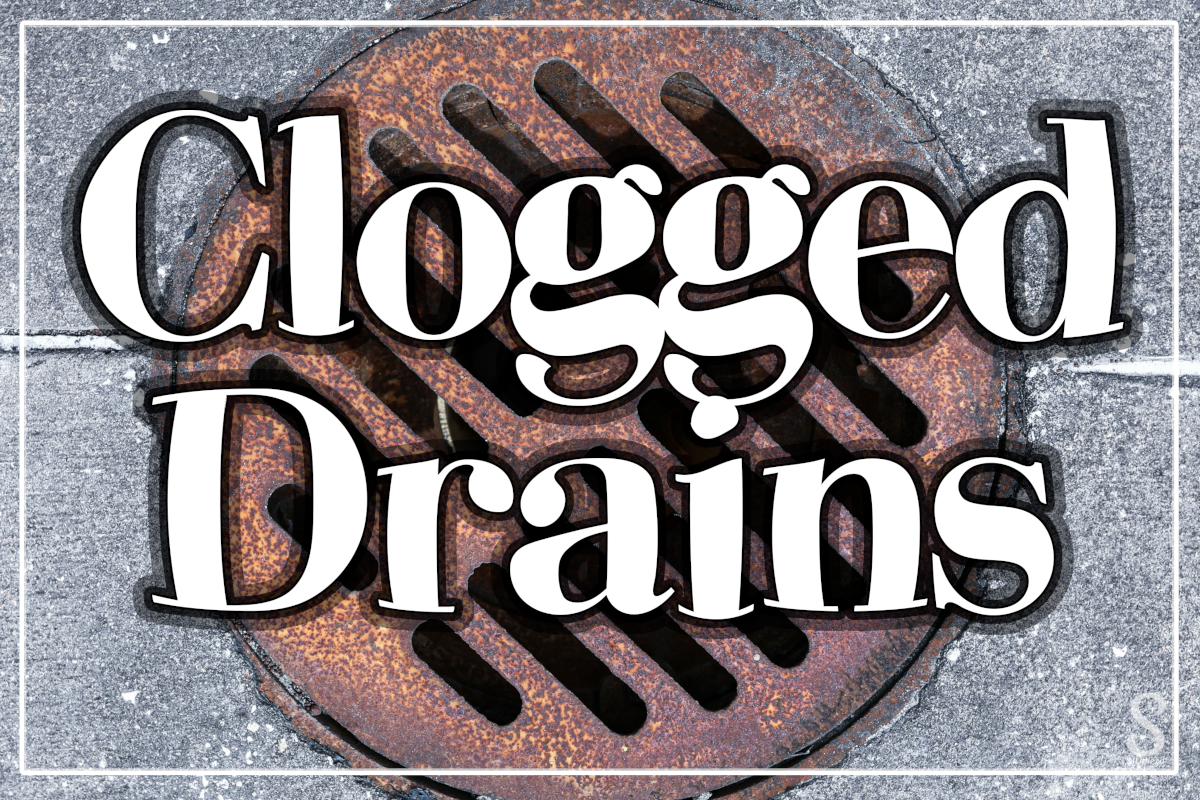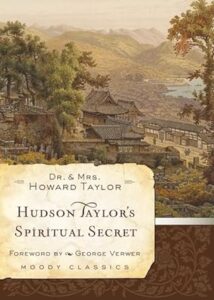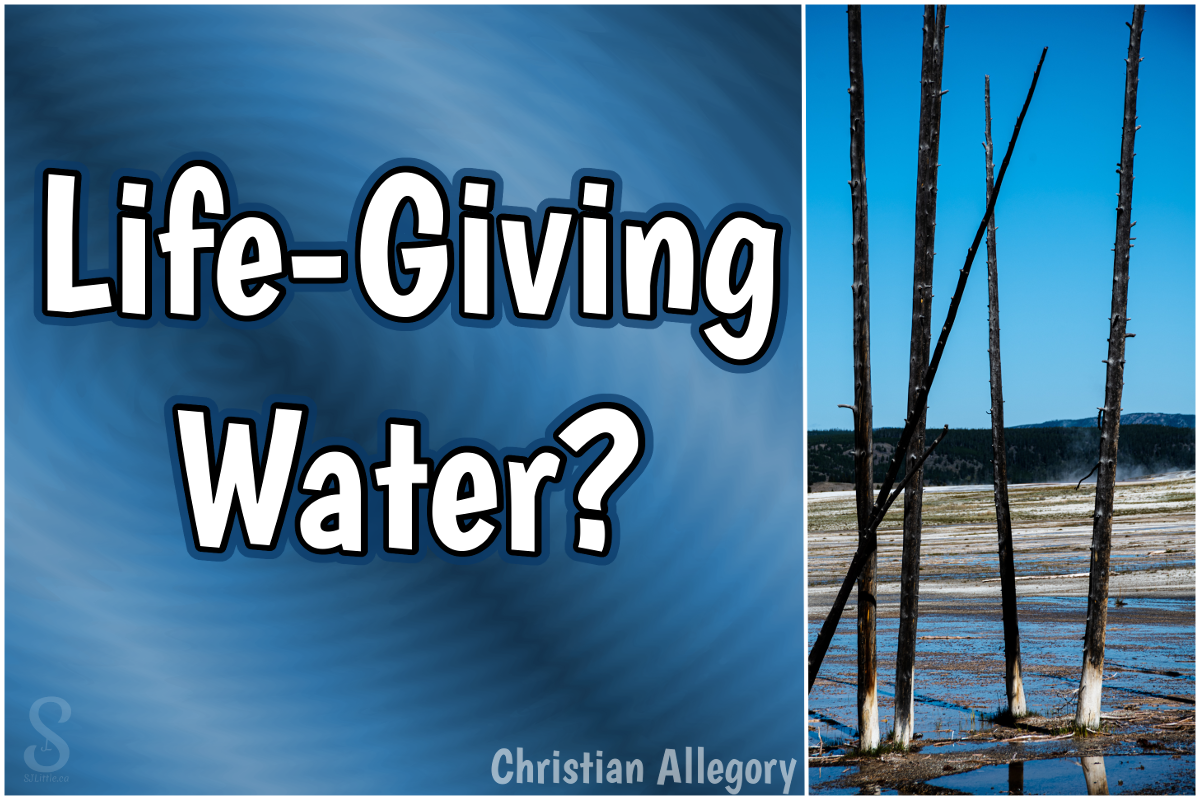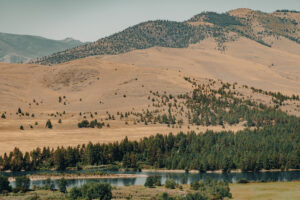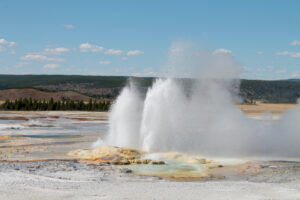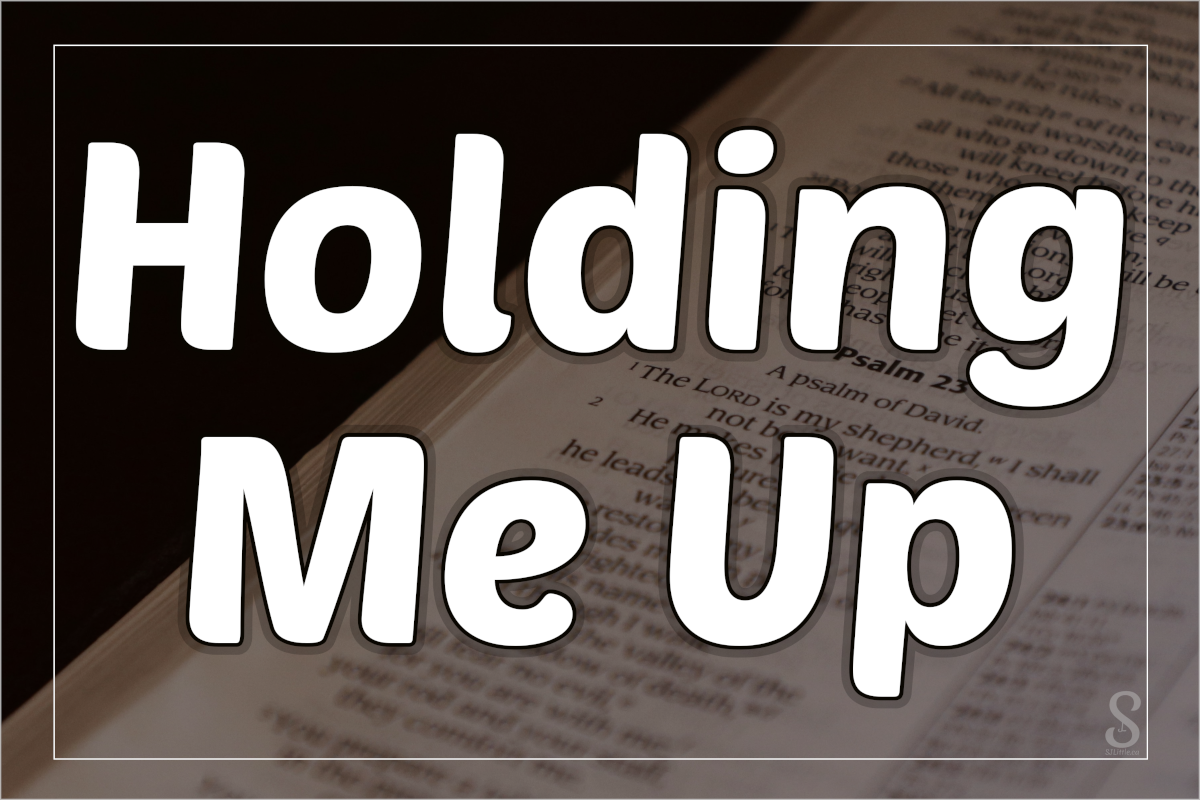
My 3 year old daughter ducked into the large cardboard box sitting in our living room.
We had transformed it into a simple house by setting it on its side to use the top flaps as doors. Additionally, on one side, we cut a small window, leaving a flap that could open and close. On the other side, we added a small side door.
She pushed the window flap open and peeked out.
My 1 year old son saw her peeking and laughed. He pointed at her as he toddled over.
Crouching, he entered the box.
My daughter vacated through the side door.
Circling to the other side, she peeked in the window making them both laugh.
My son gripped the bottom of the window and began leaning against the side of the box as their game of peek-a-boo continued.
Sitting nearby, I noticed his leaning was beginning to tip the whole box.
Reaching out, I held tight to the opposite side of the box as he leaned even further.
I felt the pull of the box. It would have tipped had I not been stabilizing it.
My son, however, was blissfully unaware of my rescue as he laughed and peeked out the window at my daughter again.
I glanced over at my husband who sat nearby and had observed the whole thing, saying, “He has no idea someone is holding him up.”
What about me? Do I know that Someone is holding me up? Do I acknowledge and thank Him? Or do I assume it is my own efforts holding me up?
Throughout the Bible, we see God taking care of His people again and again. Sometimes it is blatantly obvious to the people involved, sometimes it is not.
Perhaps Psalm 23 is one of the most beautiful passages depicting this.
The Lord is my shepherd; I shall not want.
He makes me lie down in green pastures.
He leads me beside still waters.
He restores my soul.
He leads me in paths of righteousness
for His name’s sake.
Even though I walk through the valley of the shadow of death,
I will fear no evil,
for You are with me;
Your rod and Your staff,
they comfort me.
You prepare a table before me
in the presence of my enemies;
You anoint my head with oil;
my cup overflows.
Surely goodness and mercy shall follow me
all the days of my life,
and I shall dwell in the house of the Lord
forever.
(Psalm 23 ESV)
God is taking care of me in the same way a shepherd cares for their sheep.
I need not worry. God is holding me up.
Does that mean my life will be trouble-free and easy? Not at all.
The following evening, as my son was again peeking out the window. He leaned against the side in the same fashion as the story above.
This time, however, I was not holding onto the box.
Over it tipped, with my 1 year old inside.
He cried as I helped him crawl out, though I suspect his tears were more from the scare than from pain.
Later, I observed him peeking out the window a third time. This time he felt the box begin to shift and pulled back from leaning on it.
He glanced at me for reassurance.
I applauded his discernment and quick learning. He has not tipped it over again.
Often in life, when hardships happen, they are not a specific result of my actions. Sometimes, however, they are a direct consequence of something I have done (like for my 1 year old in the story).
Sometimes God protects me from the consequences of my actions. Sometimes He does not.
Regardless of the cause, when I face trials, God wants to be at work in me. He wants me to be learning and growing.
If, like my 1 year old, the trial is a result of my own foolishness, God wants me to learn better wisdom and discernment.
If the trouble is not because of something I have done, God still wants to be working in me.
That is why James says:
“Consider it a great joy, my brothers and sisters, whenever you experience various trials, because you know that the testing of your faith produces endurance. And let endurance have its full effect, so that you may be mature and complete, lacking nothing.” (James 1:2-4 CSB)
Am I facing great difficulties today? May I press into Jesus knowing that as I do so, He will be working to transform me from the inside out. He is holding me up.
Am I in a peaceful and seemingly easy season of life right now? May I be intentional to pursue Jesus, growing in knowledge of the truth and in healthy Biblical habits, not forgetting to thank and praise Him. He is holding me up.
Have you memorized Psalm 23? If not, I urge you to do so. Here’s a great song, by Zac Fitzsimmons, to help you memorize the chapter. You can watch it below or find it on Spotify here.

